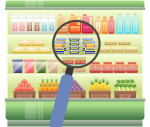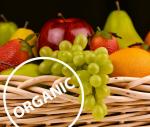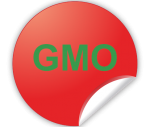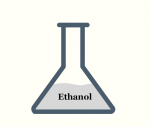Russia: Draft law aims to introduce identification labelling for mineral and drinking water
Manufacturers and importers of mineral and drinking water may have to label their products with identification marking. Draft law that would introduce an experiment for ID marking of drinking and mineral water was published by the Government of the Russian Federation.
The experiment would take place from 1 October 2019 to 30 September 2020.
